Filter by
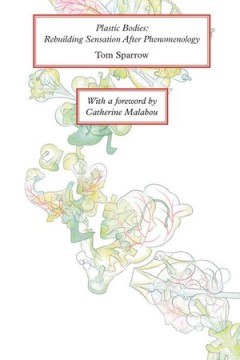
Plastic Bodies: Rebuilding Sensation After Phenomenology
Sensation is a concept with a conflicted philosophical history. It has found as many allies as enemies in nearly every camp from empiricism to poststructuralism. Polyvalent, with an uncertain referent, and often overshadowed by intuition, perception, or cognition, sensation invites as much metaphysical speculation as it does dismissive criticism. The promise of sensation has certainly not been …
- Edition
- -
- ISBN/ISSN
- 9781785420016
- Collation
- -
- Series Title
- -
- Call Number
- -

Critical Theories Of Crisis In Europe: From Weimar To The Euro
What is to be learned from the chaotic downfall of the Weimar Republic and the erosion of European liberal statehood in the interwar period vis-a-vis the ongoing Europeancrisis? This book analyses and explains the recurrent emergence of crises in European societies. It asks how previous crises can inform our understanding of the present crisis. The particular perspective advanced is that these …
- Edition
- -
- ISBN/ISSN
- 9781783487455
- Collation
- -
- Series Title
- -
- Call Number
- -
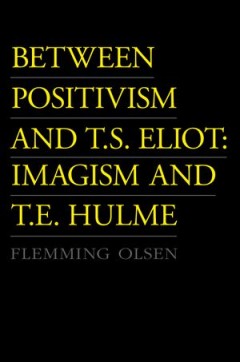
Between Positivism And T.s. Eliot
Several critics have been intrigued by the gap between late Victorian poetry and the more “modern” poetry of the 1920s. It is my contention that a close analysis of the poetry and criticism written in the first decade of the 20th century and until the end of the First World War – excluding war poetry – will be rewarding if we want to acquire a greater understanding of the transition. Th…
- Edition
- volume 52.0
- ISBN/ISSN
- 9788776742836
- Collation
- -
- Series Title
- -
- Call Number
- -
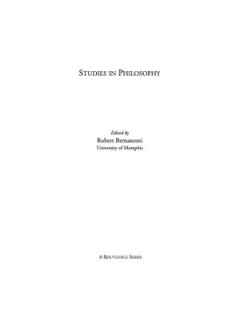
The Constitution Of Consciousness
Through the work of philosophers like Sellars, Davidson, and McDowell, the question of how the mind is related to the world has gained new importance in contemporary analytic philosophy. This book demonstrates that Husserl's phenomenological analyses of the structure of consciousness can provide fruitful insights for developing an original approach to these questions.
- Edition
- -
- ISBN/ISSN
- 9780415971294
- Collation
- -
- Series Title
- -
- Call Number
- -
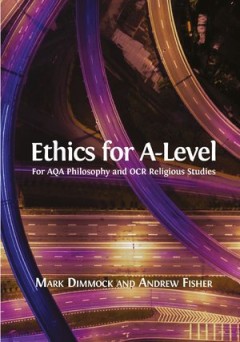
Ethics For A-level: For Aqa Philosophy And Ocr Religious Studies
What does pleasure have to do with morality? What role, if any, should intuition have in the formation of moral theory? If something is ‘simulated’, can it be immoral? This accessible and wide-ranging textbook explores these questions and many more. Key ideas in the fields of normative ethics, metaethics and applied ethics are explained rigorously and systematically, with a vivid writing st…
- Edition
- -
- ISBN/ISSN
- 9781783743902
- Collation
- -
- Series Title
- -
- Call Number
- -
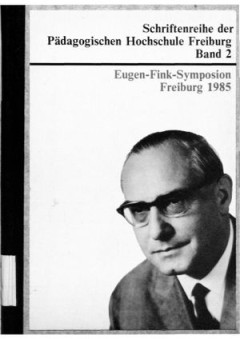
Eugen-fink-symposion Freiburg 1985
Zum 80. Geburtstag von Eugen Fink veranstalteten als Verwalter des Eugen-Fink-Archivs die Pädagogische Hochschule und das Staatliche Seminar für Schulpädagogik (Gymnasien), beide Freiburg, ein Symposion am 6. und 7.Dezember 1985.
- Edition
- -
- ISBN/ISSN
- 9783925717021
- Collation
- -
- Series Title
- -
- Call Number
- -
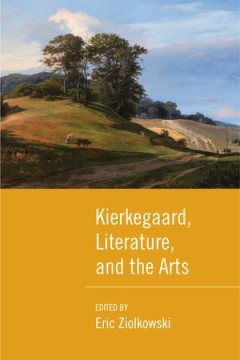
Kierkegaard, Literature, And The Arts
Soren Kierkegaard was as much aesthete as philosopher, and his writings are as much literary and music criticism as philosophy. Kierkegaard, Literature, and the Arts contains fourteen essays that focus on the influence and reception of Kierkegaard in literature, the visual arts, and music. The essays in part I focus on Kierkegaard in relationship to literature, his own main medium of expression…
- Edition
- -
- ISBN/ISSN
- 9780810135970
- Collation
- -
- Series Title
- -
- Call Number
- -
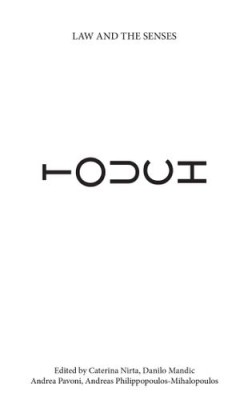
Touch
Described by Aristotle as the most vital of senses, touch contains both the physical and the metaphysical in its ability to express the determination of being. To manifest itself, touch makes a movement outwards, beyond the body, and relies on a specific physical involvement other senses do not require: to touch is already to be active and to activate. This fundamental ontology makes touch th…
- Edition
- -
- ISBN/ISSN
- 9781912656660
- Collation
- -
- Series Title
- -
- Call Number
- 700 TOU t
 Computer Science, Information & General Works
Computer Science, Information & General Works  Philosophy & Psychology
Philosophy & Psychology  Religion
Religion  Social Sciences
Social Sciences  Language
Language  Pure Science
Pure Science  Applied Sciences
Applied Sciences  Art & Recreation
Art & Recreation  Literature
Literature  History & Geography
History & Geography